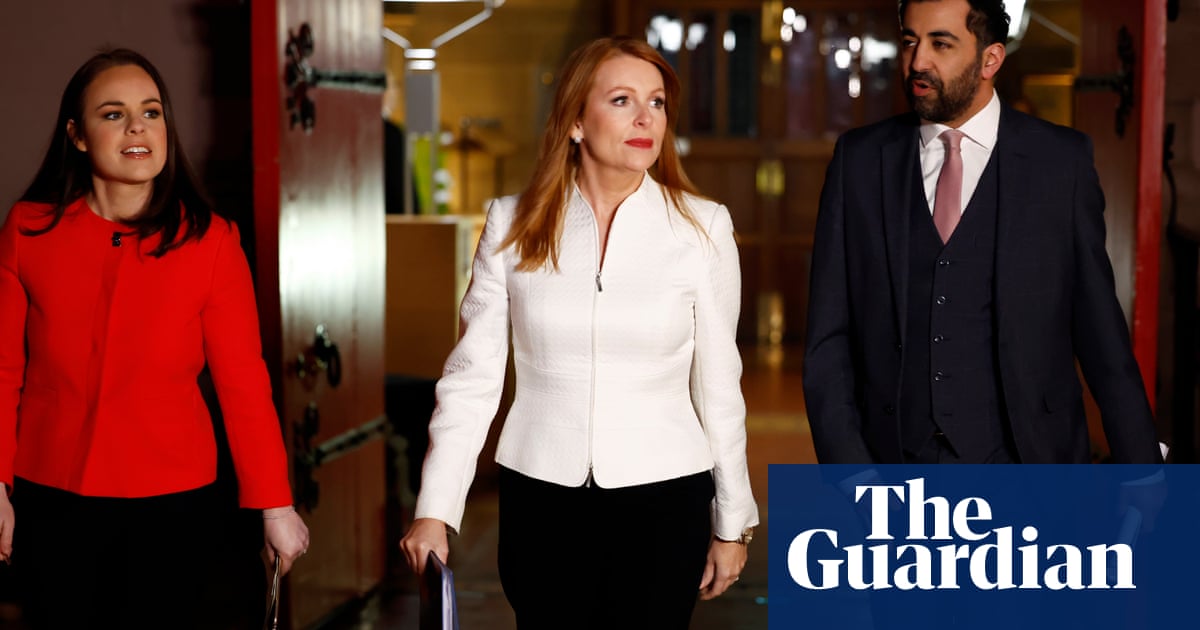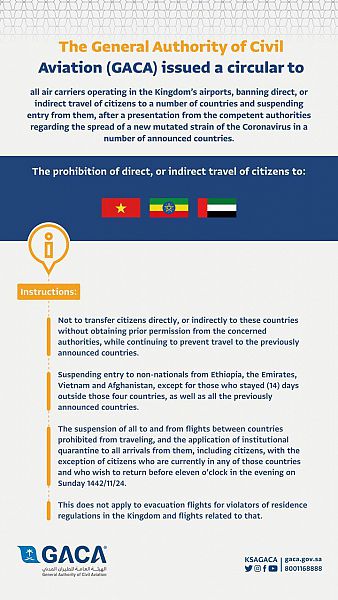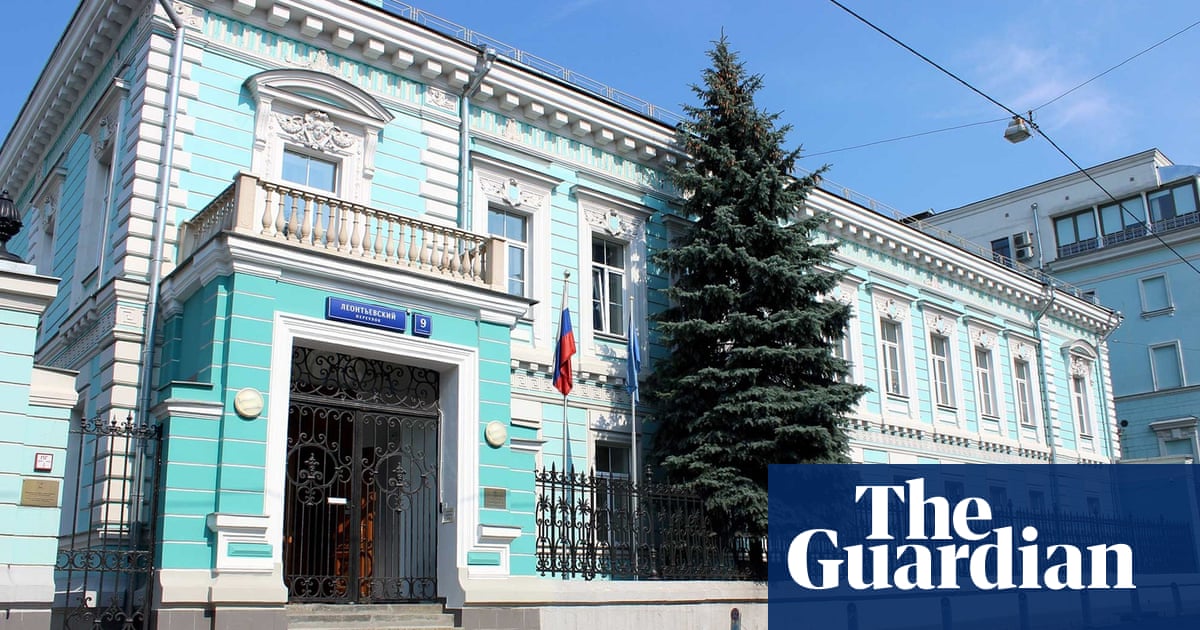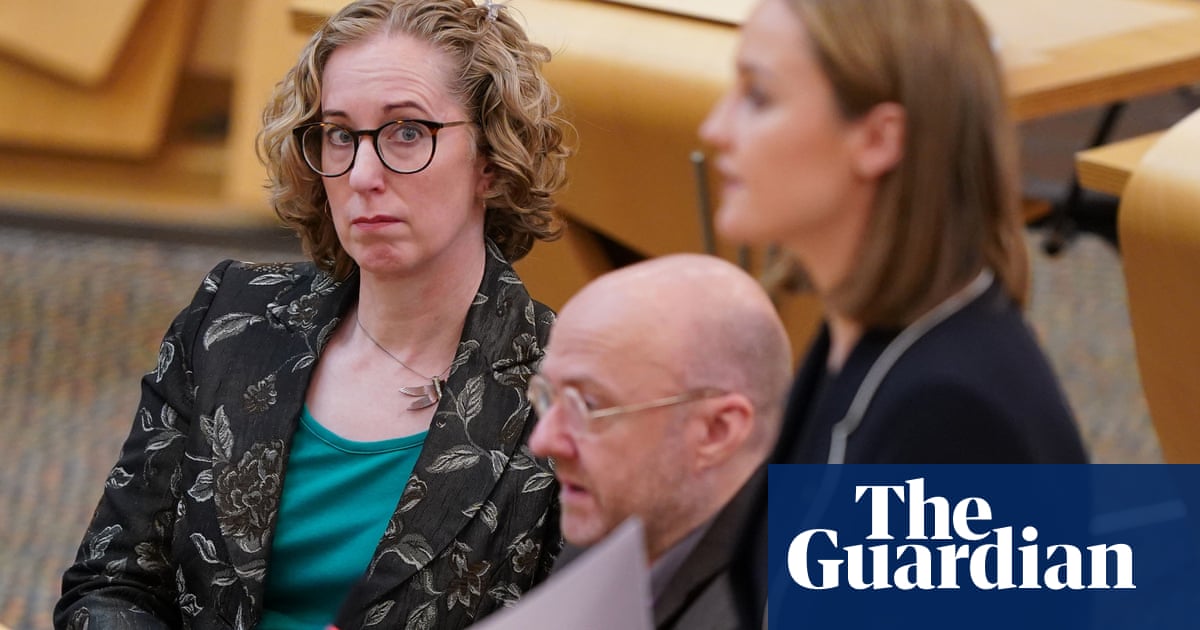
The Scottish National party has revealed that the total number of members eligible to vote in its leadership contest has fallen to 72,186 – significantly lower than previously estimated – after coming under sustained pressure to release its membership figures.
Two of the three candidates to replace Nicola Sturgeon as leader have recently questioned the integrity of the ballot process, prompting accusations of “baseless smears” and “Trumpian” behaviour.
Releasing the figures on Thursday afternoon, a SNP spokesperson said: “After many years of delivering for people across Scotland and working towards a better future as an independent country, the SNP remains the biggest – and indeed the only mass membership – party in Scotland.”
On 31 December 2021 the SNP recorded 104,000 members, after a peak of 125,000 in 2019 following an influx of support on the back of the 2014 independence referendum.
The party’s latest annual report acknowledged membership had fallen during 2022, and blamed the Covid crisis and increasing financial insecurity for the decline. Critics have argued the party lost support among those opposed to its gender recognition reforms and disappointed by a lack of progress on a second independence vote.
The row over membership figures escalated after the former junior minister and contest outlier Ash Regan called for greater transparency in how the leadership election was being run. In an open letter to the SNP chief executive officer, Peter Murrell, on Wednesday, written with the finance minister, Kate Forbes, the pair urged the party to release the membership data. Both candidates have also demanded an independent auditor be appointed to oversee the leadership vote.
Neil Gray MSP, the minister running Humza Yousaf’s campaign, confirmed the health secretary had registered the same concerns with party managers.
Forbes’ campaign manager, Michelle Thomson MSP, said “common sense has prevailed” but added that the “alarming drop in members shows that the party needs a change in direction”.
Thomson previously claimed that Mi-Voice, the Southampton-based polling firm running the leadership ballot, which opened on Monday and will run for two weeks, was not independent but “simply a company contracted by the SNP to provide services to their client’s specification.
“The SNP themselves remain ultimately accountable and responsible for many of the processes, oversight and ultimate integrity of the ballot … I have asked that the SNP appoint a robust, experienced, third-party auditor of both the ballot processes and the eventual tally of the vote.”
The accusations resulted in angry exchanges between SNP figures on social media, with MP Gavin Newlands describing Kate Forbes’ concerns as “Trumpian nonsense” and “fake news crap”.
The SNP president, Mike Russell, said on Thursday morning that he had told the party’s national secretary, Lorna Finn, he supported publishing the membership figures, adding he was “disgusted by the abuse directed at SNP staff by individuals who damage our cause and aid our enemies”.
Finn was understood to be speaking to national executive committee members to gain their approval before publishing the figures, after the party previously said it would release them only after the results of the contest were announced.
The NEC was accused of a lack of transparency earlier in the campaign, when it originally blocked media access to members’ hustings events, but later reversed the decision.
As the row intensified on Thursday morning, Yousaf repeated his call for publication but added: “I have confidence in the process that uses an external third-party company, a process we have used for many years. I am up for challenge and reform of the party, but let’s not indulge in baseless smears.”
Speaking to reporters after first minister’s questions on Thursday, Sturgeon told reporters she had “100% confidence” in the ballot process, which had “been used for internal elections for some time”. She said the company running the ballot was independent from the SNP and that, other than a failure to publish membership figures, she did not understand “what the specific nature of the concerns are”.
The SNP has been under financial pressure for several years, and left heavily reliant on membership fees, fundraising drives and public funding through the administrative grants it receives from the Commons and from the Electoral Commission.
Unlike other major political parties, it has received few significant loans from donors in recent years.
Its latest annual accounts for 2021 showed it received £2.5m from membership fees – 55% of its total income of £4.5m – and £695,000 in donations. It ended the year with an operating deficit of £750,000 and debts of more than £1m.












